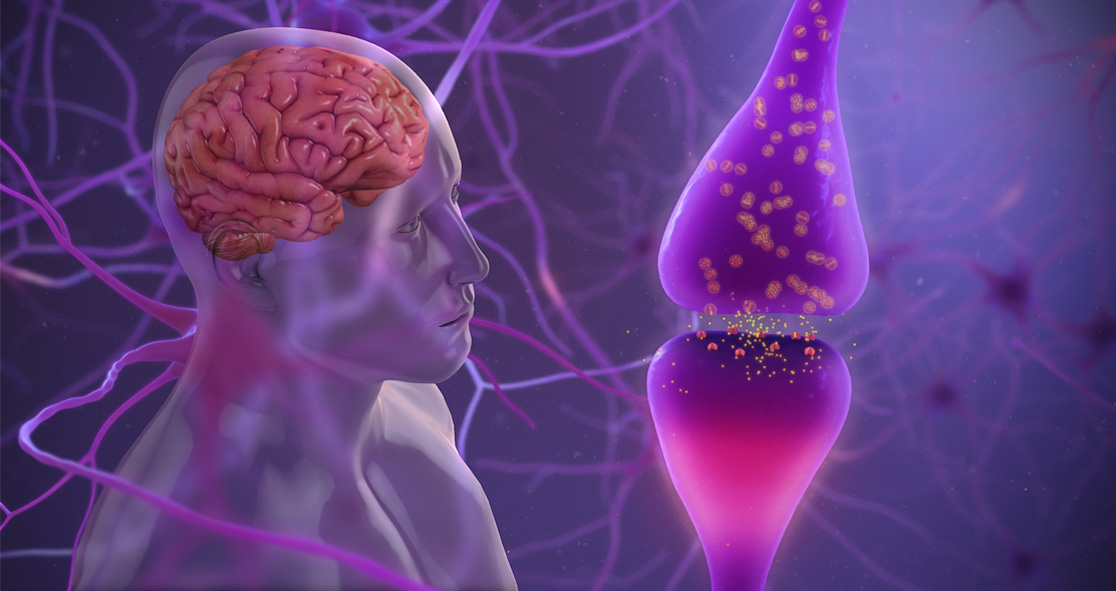Researchers at Rush University Medical Center, Chicago, Illinois, have developed potential new treatments for Parkinson’s disease, according to Medical Xpress.
The treatments have shown promise in bringing down the progression of the neurological disorder in mice.
The researchers, who published their findings in Nature Communications, found that two different peptides – chains of amino acids – helped in reducing the spread of a protein called alpha-synuclein that occurs in abnormal protein deposits called Lewy bodies in the brain.
Lewy bodies are characteristic features of Parkinson’s disease, one of the most common neurological disorders affecting more than 1 million people in the United States. Approximately 60,000 Americans are diagnosed with Parkinson’s disease each year.
Lewy bodies are also associated with Lewy body dementia and multiple system atrophy (MSA), a rare neurological disorder.
Lead author Prof. Kalipada Pahan said, “Currently, there are no treatments that slow the progression of Parkinson’s disease – they only treat the symptoms.”
Prof. Pahan is a neuroscientist at Rush University Medical Center and a research career scientist at the Jesse Brown VA Medical Center.
“At present, there is also no effective treatment for dementia with Lewy bodies and multiple system atrophy,” he added. “Understanding how these diseases work is important to developing effective drugs that inhibit alpha-synuclein pathology, protect the brain, and stop the progression of Lewy body diseases.”
The peptides, developed by the researchers, tested in the study are called TLR2-interacting domain of Myd88 (TIDM) and NEMO-binding domain (NBD).
These drugs were delivered through the nose. The team found that TIDM and NBD reduced inflammation in the brain and stopped the spread of alpha-synuclein in mice with Parkinson’s disease.
In addition, the researchers found that these treatments improved the mice’s gait, balance, and other motor functions.
Prof. Pahan said, “If these results can be replicated in patients, it would be a remarkable advance in the treatment of devastating neurological disorders.” The story was published in Medical Xpress.





















